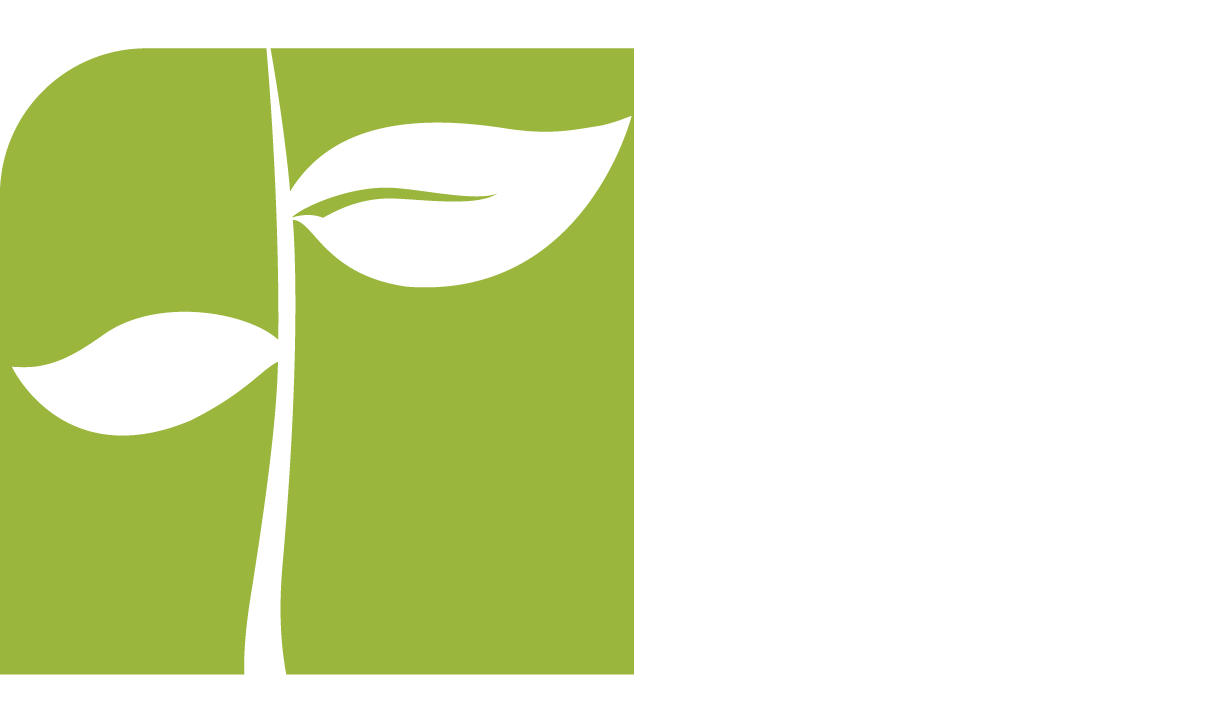Whether you are hiring a full-time or fractional (aka virtual) CFO, it’s important to ask strategic interview questions for CFOs.
The right questions allow you to assess a CFO’s hard, soft, and behavioral skills that will help you ensure they are the right fit for your organization.
And keep in mind, today’s CFO needs skills beyond just finance and accounting; they need to be leaders in strategy development, driving growth, and spearheading innovation (particularly about technology that can enhance efficiency).
Given this, we’ve laid out 10 interview questions for CFOs that will provide you with a well-rounded view of the candidate.
When developing financial strategic plans, what internal and external data, trends, and insights do you rely upon?
A CFO is responsible for the health of your company – from ensuring ample working capital, revenue and profit growth, and adequate ROI on any investments. As such, they have to be forward-looking and produce forecasts that are based on company sales, cost, profit trends, industry trends, and forecasted economic and geopolitical conditions.
What is your approach to annual planning and forecasting and how do you involve other functional areas of the organization?
A CFO cannot operate in a vacuum when it comes to developing annual operating plans that include forecasted revenues, expenses, and profitability. Resources are finite and must be prioritized to ensure the organization gets maximum ROI on its investments. Savvy CFOs work internally and externally to gather data and insights and then develop models based on this information.
Have you been involved in mergers and acquisitions in any of your previous positions or helped perform due diligence for a company pursuing an acquisition?
Experience in evaluating acquisition prospects and maneuvering the due diligence process is valuable in a CFO if a company is interested in acquiring companies or potentially selling all or a portion of their business down the road.
How do you evaluate potential investments?
Any CFO worth his or her salt has to be able to evaluate investments from a risk/reward perspective. Ask questions about the analysis he or she has done in the past, the research they’ve conducted internally and externally, and advisors that may have been consulted.
Give us an example of an innovation you implemented that resulted in increased efficiency, profit, or revenue.
CFOs are increasingly being required to champion innovation, especially in the area of technology-assisted efficiency. A CFO should be able to relay at least three examples if they have 10+ years of experience.
Have you had to deliver bad news to a CEO or board of directors? How did you communicate this?
The CFO is the chief communicator of financial information to the CEO, board of directors, and analysts. It is imperative that your CFO communicates honestly and in a clear, concise, and objective manner without getting flustered by challenging questions that may arise.
How would your subordinates describe your management style?
A CFO should foster a collaborative, supportive work environment in which his or her team feels comfortable asking questions and requesting advice on potential issues or problems. Listen for examples of how the candidate has coached or mentored subordinates and language such as “we” rather than “I”.
How do you handle underperforming employees?
Spoiler alert: their answer should NOT be “It’s up or out on my team”. Company culture is what attracts and retains employees – you can’t have a senior leader that has no empathy. Good leaders strive to get to the root cause of any performance issues and work privately with the employee on an improvement plan. In the end, if an employee isn’t the right fit, then the leader should help the employee find the right fit even if it is outside the organization.
What’s your biggest failure and what did you learn from it?
This question judges whether or not the candidate has the humility to admit they aren’t perfect. As the leader of the finance organization, the CFO must have impeccable ethics, and if they aren’t willing to say they’ve ever failed, they aren’t the right person for the job.
What sets you apart from other CFO candidates?
The answer to this depends on your organization’s needs to a large extent. If you are a small to medium-sized company, someone with experience in this size of organization is probably a plus as someone used to the structure and resources of a Fortune 500 company may be frustrated by the lack thereof in a smaller organization. On the other hand, someone that has worked in a small to medium-sized organization is used to wearing a lot of hats and may feel overwhelmed and pigeon-holed in a large organization.
You’ll also want to listen to their involvement in the operations of the organization. Today’s CFO needs to have a deep understanding of the operational impact on each aspect of the financials. And, as alluded to in some of the foregoing questions, listen for their ability to work collaboratively and communicate effectively across all functions of an organization and externally with bankers, investors, and the board of directors.
Need help to select a CFO for your business?
We’d love to help. Check out some of our additional resources to learn more about CFOs, fractional CFOs, and CFO services and benefits.
- Should I outsource my CFO?
- What qualifications does a CFO need?
- What makes a good CFO?
- Finance Director vs. CFO


